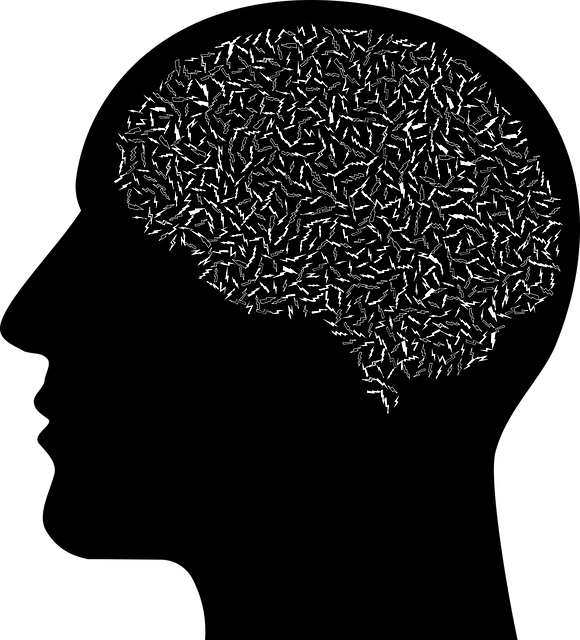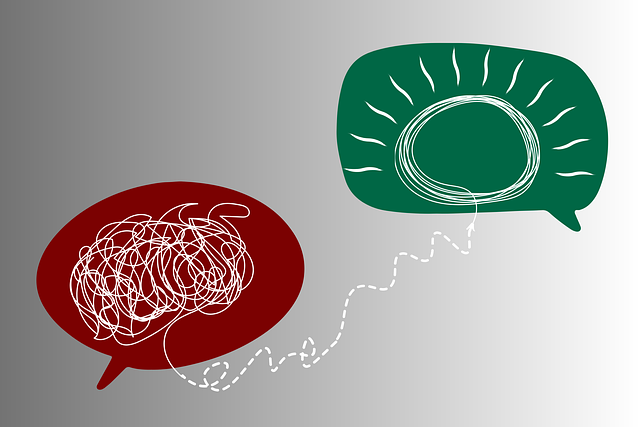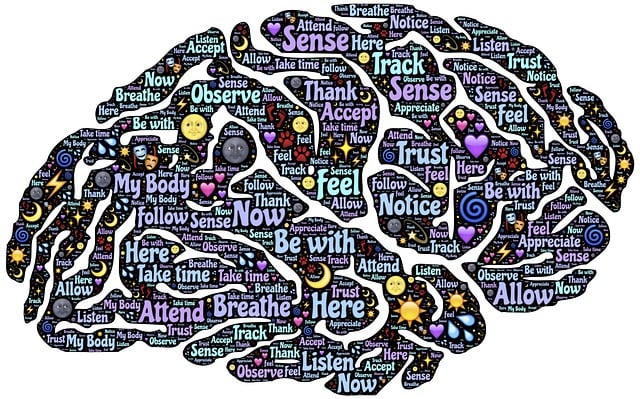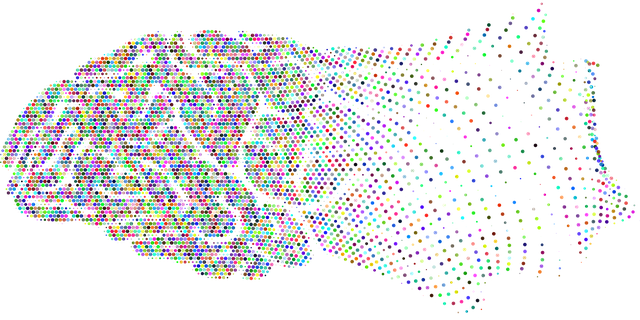Longmont Grief Counseling Therapy (LGCT) employs the RFM model—focusing on recovery, resilience, and mental flexibility—to offer transformative grief support. This approach challenges linear grief perceptions, emphasizing complexity and the need for adaptability in healing. By prioritizing recovery and resilience, LGCT equips clients with robust coping strategies, enhances their ability to navigate change, and promotes empowerment during difficult times. The RFM model also plays a crucial role in burnout prevention, particularly for healthcare providers dealing with trauma and loss. Through mood management techniques, LGCT provides tailored mental health support. They emphasize resilience-building exercises, empowering individuals to manage stress and anxiety, and preventing burnout. LGCT's comprehensive services include individual therapy, group support, workshops on stress and empathy, and specialized trauma support, aiming to equip clients with effective coping mechanisms for grief, anxiety, depression, and other mental health concerns. Integrating the RFM framework enhances well-being, especially during challenging times, through conflict resolution techniques, emotional intelligence fostering, and self-care practices, ultimately enabling individuals to transform grief into growth and resilience.
In today’s challenging times, understanding and building resilience is more crucial than ever. This article explores the powerful combination of RFM (Resilience, Flexibility, Mastery) and Longmont Grief Counseling Therapy in fostering emotional well-being. We delve into how RFM, a proven approach to enhance coping mechanisms, can be integrated into grief support programs. By examining its role in counseling, we uncover strategies to help individuals navigate loss and build a lasting sense of resilience. Discover effective methods for offering comprehensive grief support using Longmont Grief Counseling Therapy techniques.
- Understanding RFM and Its Role in Grief Counseling
- The Importance of Resilience Building Exercises
- Longmont Grief Counseling Therapy: An Overview
- Effective Strategies for Integrating RFM into Grief Support Programs
Understanding RFM and Its Role in Grief Counseling

In the realm of mental health support, especially within Longmont Grief Counseling Therapy, the RFM (Recovery, Resilience, and Mental Flexibility) model has emerged as a powerful tool to aid individuals in navigating grief and cultivating resilience. This approach recognizes that grief is not merely a linear process but a complex journey where building mental flexibility is crucial for long-term healing. By focusing on recovery and resilience, therapists can help clients develop effective coping mechanisms, enhance their ability to adapt to change, and foster a sense of empowerment during challenging times.
Understanding RFM involves recognizing its role in preventing burnout, particularly among healthcare providers who often bear witness to trauma and loss. The strategies incorporated within this model promote mood management, which is essential for maintaining mental health. In light of the growing importance of Burnout Prevention Strategies for Healthcare Providers, Longmont Grief Counseling Therapy utilizes RFM to advocate for Mental Health Policy Analysis and Advocacy, ensuring that individuals receive comprehensive support tailored to their unique needs.
The Importance of Resilience Building Exercises

Resilience building exercises are vital components in fostering mental health and well-being, especially in today’s fast-paced world where stress and pressure can lead to burnout and anxiety. Longmont Grief Counseling Therapy recognizes the importance of these exercises in equipping individuals with the tools to navigate life’s challenges effectively. By integrating resilience strategies, therapy goes beyond addressing symptoms to empower clients with long-lasting coping mechanisms.
In the context of Mental Health Policy Analysis and Advocacy, promoting resilience is a proactive approach to enhancing overall public well-being. These exercises not only aid in personal growth but also contribute to a broader understanding of burnout prevention. Through Longmont Grief Counseling Therapy, individuals can learn to build mental fortitude, ensuring they remain resilient in the face of life’s adversities, thereby leading to improved anxiety relief and overall quality of life.
Longmont Grief Counseling Therapy: An Overview

Longmont Grief Counseling Therapy (LGCT) offers specialized services aimed at helping individuals navigate through life’s challenging moments, particularly those marked by grief and trauma. Founded with a deep commitment to emotional well-being, LGCT provides a safe and supportive environment where people can explore their feelings, gain valuable tools for coping, and build resilience. The organization’s team of trained professionals utilizes evidence-based therapeutic approaches tailored to each client’s unique needs.
Through individual therapy sessions, group support meetings, and various workshops focusing on stress management and empathy building, LGCT equips individuals with effective strategies for dealing with grief, anxiety, depression, and other mental health concerns. Additionally, their trauma support services cater to those who have experienced complex traumatic events, offering a path towards healing and recovery.
Effective Strategies for Integrating RFM into Grief Support Programs

Integrating RFM (Resilience, Flexibility, and Mastery) into grief support programs offers a powerful approach to enhancing individuals’ coping mechanisms and overall well-being, especially in challenging times. Longmont Grief Counseling Therapy recognizes the importance of equipping clients with effective strategies to navigate grief and build resilience. By incorporating RFM principles, therapists can facilitate meaningful healing processes.
One key strategy is teaching conflict resolution techniques, fostering emotional intelligence, and promoting self-care practices. These skills enable individuals to manage intense emotions, resolve internal conflicts, and prevent burnout, which is prevalent among healthcare providers supporting grieving clients. Additionally, encouraging mastery over one’s experiences through goal setting and problem-solving empowers individuals to transform their grief journey into a path of growth and resilience.
Building resilience through RFM techniques offers a powerful approach to grief counseling, as evidenced by the effectiveness of Longmont Grief Counseling Therapy. By integrating these strategies into support programs, we can enhance individuals’ ability to navigate and overcome grief. The focus on RFM not only aids in understanding complex emotions but also equips folks with tools to foster resilience, ensuring they find strength within to dance through life’s metamorphosis.













